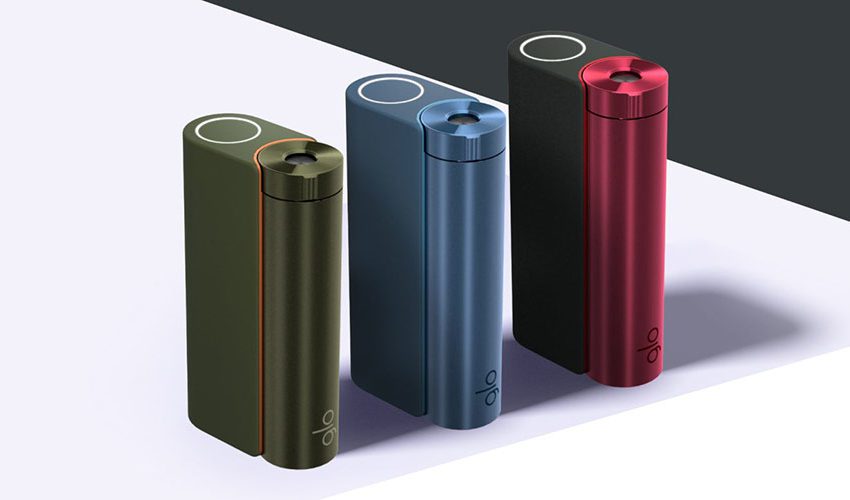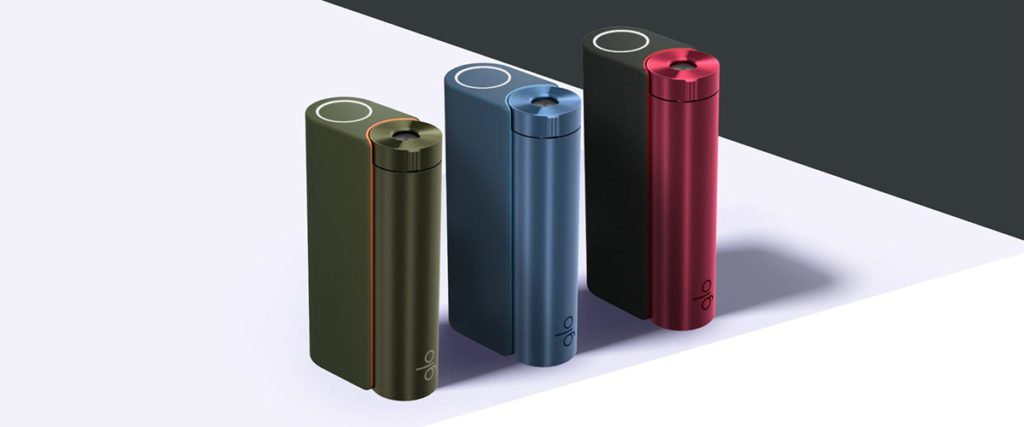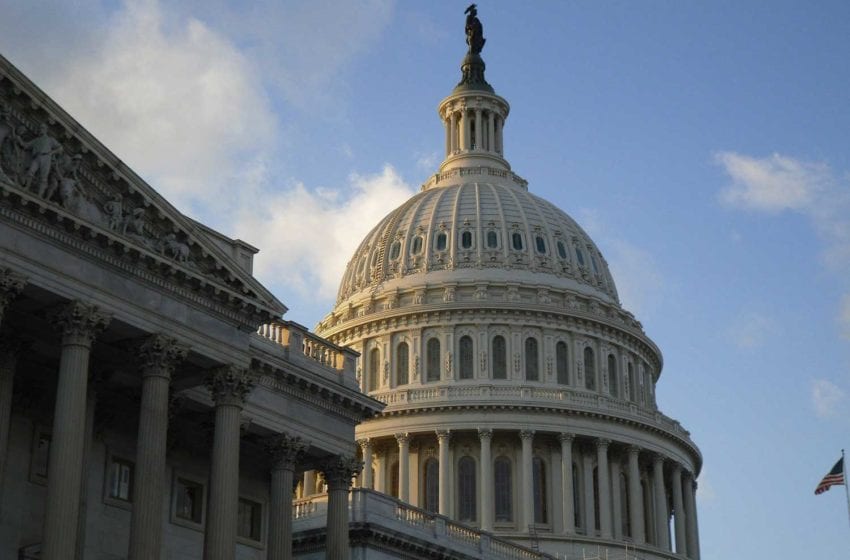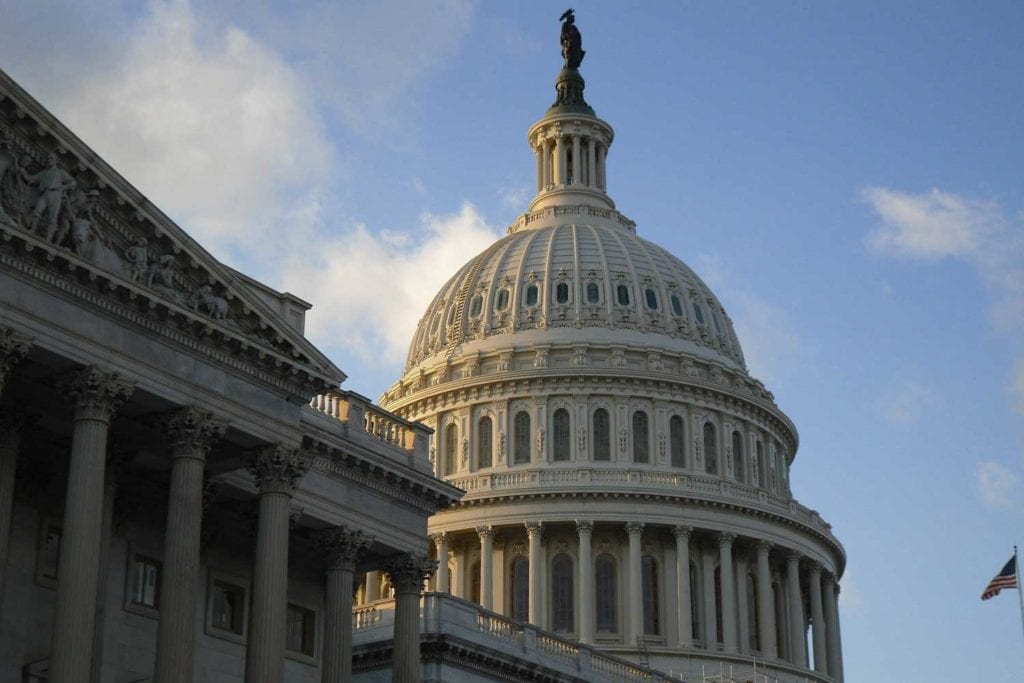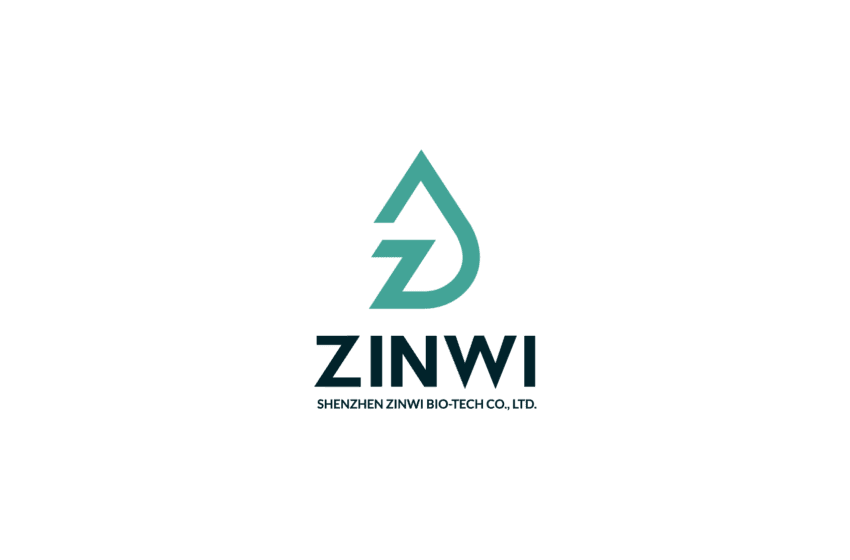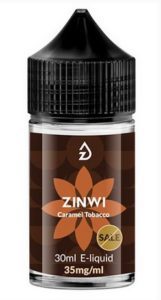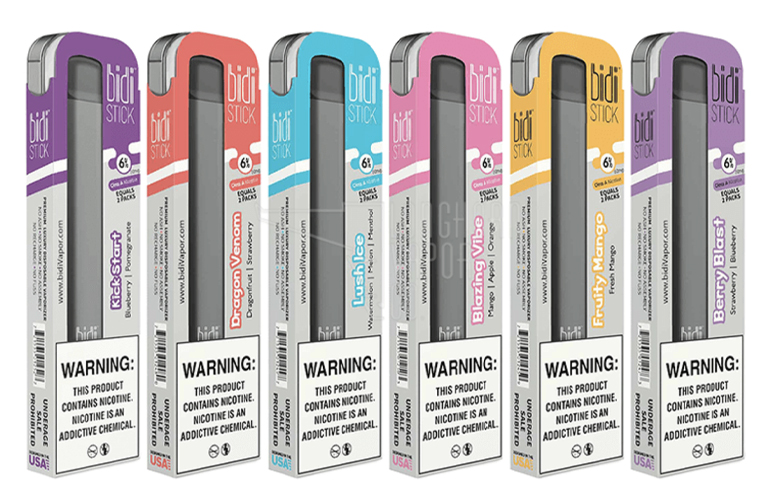
The U.K. Vaping Industry Association (UKVIA) is seeking clarification following the recent Committee of Advertising Practice (CAP) enforcement notice on the prohibition of vaping ads on social media.
The UKVIA is particularly concerned that “factual (nonpromotional) information” should only be made available to those who have “actively and specifically sought it out,” which would limit such content to social media accounts set to “private.”
The industry group is especially worried that this means factual posts, such as repeating evidence-based statistics such as vaping is 95 percent less harmful than smoking, for its annual VApril Vape Awareness Month will now be deemed unlawful.
“Around 40 percent of U.K. smokers wrongly believe that vaping is at least as harmful as, or even more harmful than, cigarettes, which suggests we need more evidence-based vaping facts on social media, not less,” the UKVIA wrote in a statement.
One of the main aims of VApril is to use both paid and organic posts on LinkedIn, X and Facebook to give facts to smokers to help them make informed decisions over how they consume nicotine.
The CAP says that after March 28, it will enforce restrictions under the Tobacco and Related Products Regulations 2016, which prohibit “ads that have the direct or indirect effect of promoting nicotine-containing electronic cigarette products” from being shown in most social media.
The Enforcement Notice says: “Electronic cigarette ads are prohibited in any online media where content is shared to users who have not specifically sought it out.
“This means paid-for display ads in all online space are prohibited, but it also means that regular, non-paid-for posts and content in social media, which might get shared by an algorithm to users, are prohibited too.”
The Advertising Standards Authority will hold a webinar on March 21 where the rules on social media vape ads will be explained.




